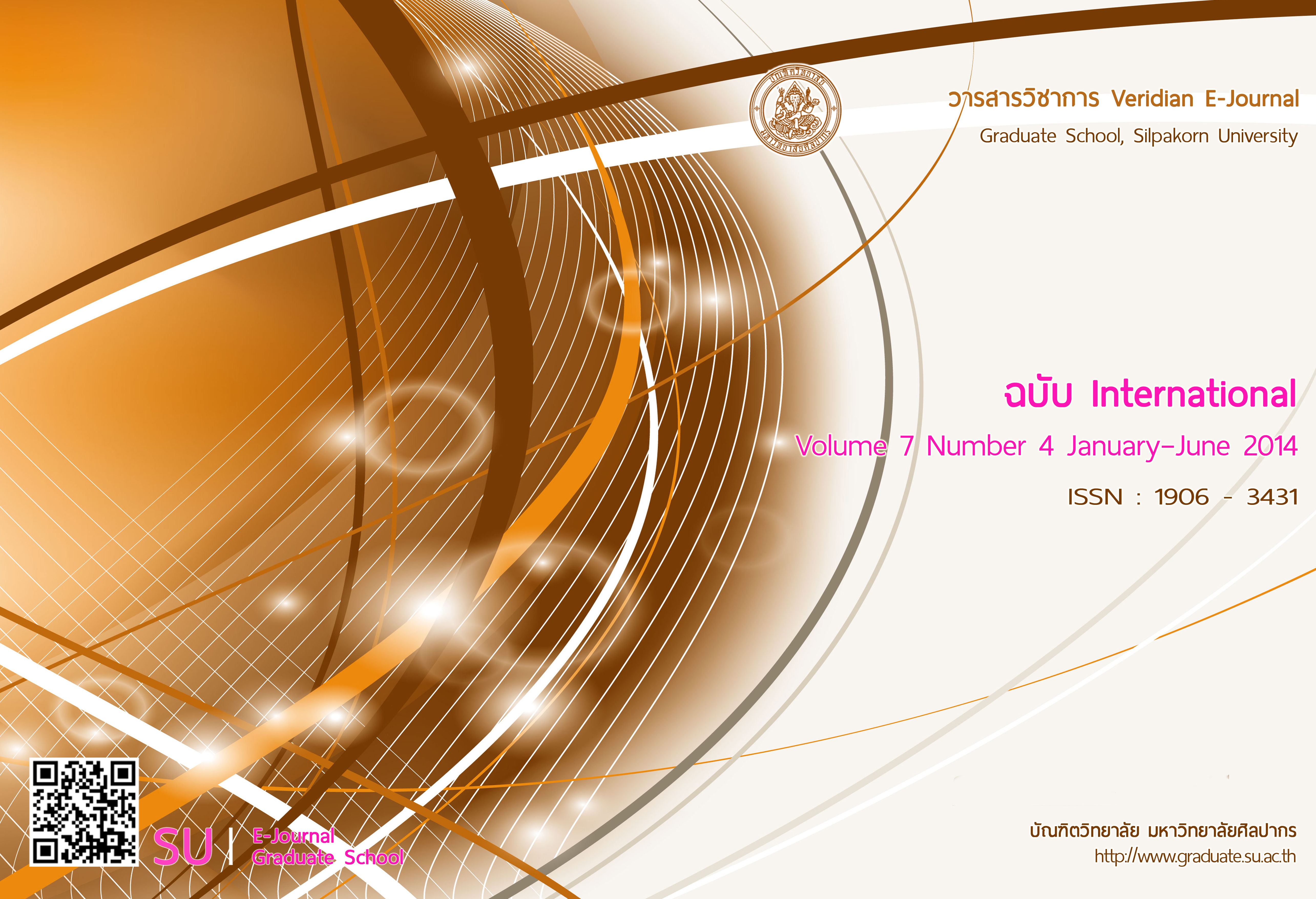Constructivism : An International Relations Perspective
Main Article Content
บทคัดย่อ
Constructivism is mainly the theory of knowledge rather than the theory of political economy. Since, the term of constructivism is knowledge amassed from a specific social and historical standprint reflecting the interests and culture of the groups in question, the constructivism is also viewed that the manner in which the material world shapes and is shaped by human action and interaction depends on dynamic normative and epistemic interpretation of the material world. In considering the constructivism, therefore, if composes of trees main variables, namely; identities, interests and norms. The identities can be defined as relatively stable role, Specific understanding and expectation about the self. The interests refer to what toe actor wants and designating motives which help to explain behavior. Whereas, norms means collective understanding which make behavioral claims on actors. Moreover, the constructivism can be classified into tree versions; conventional constructivism offering a general theoretical tool being either rival a completement rationalism, critical constructivism focusing on the identity issues such as ethnicity, race, religion, sexuality, etc, and post-modern is the middle grouped between conventional and ethnical constructivism.

